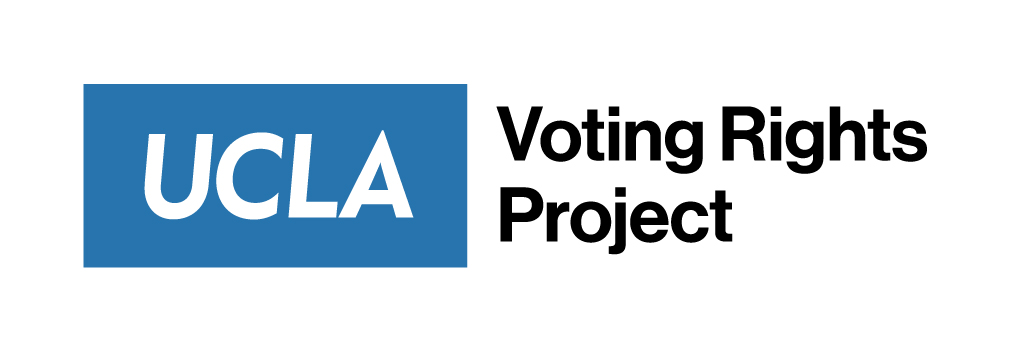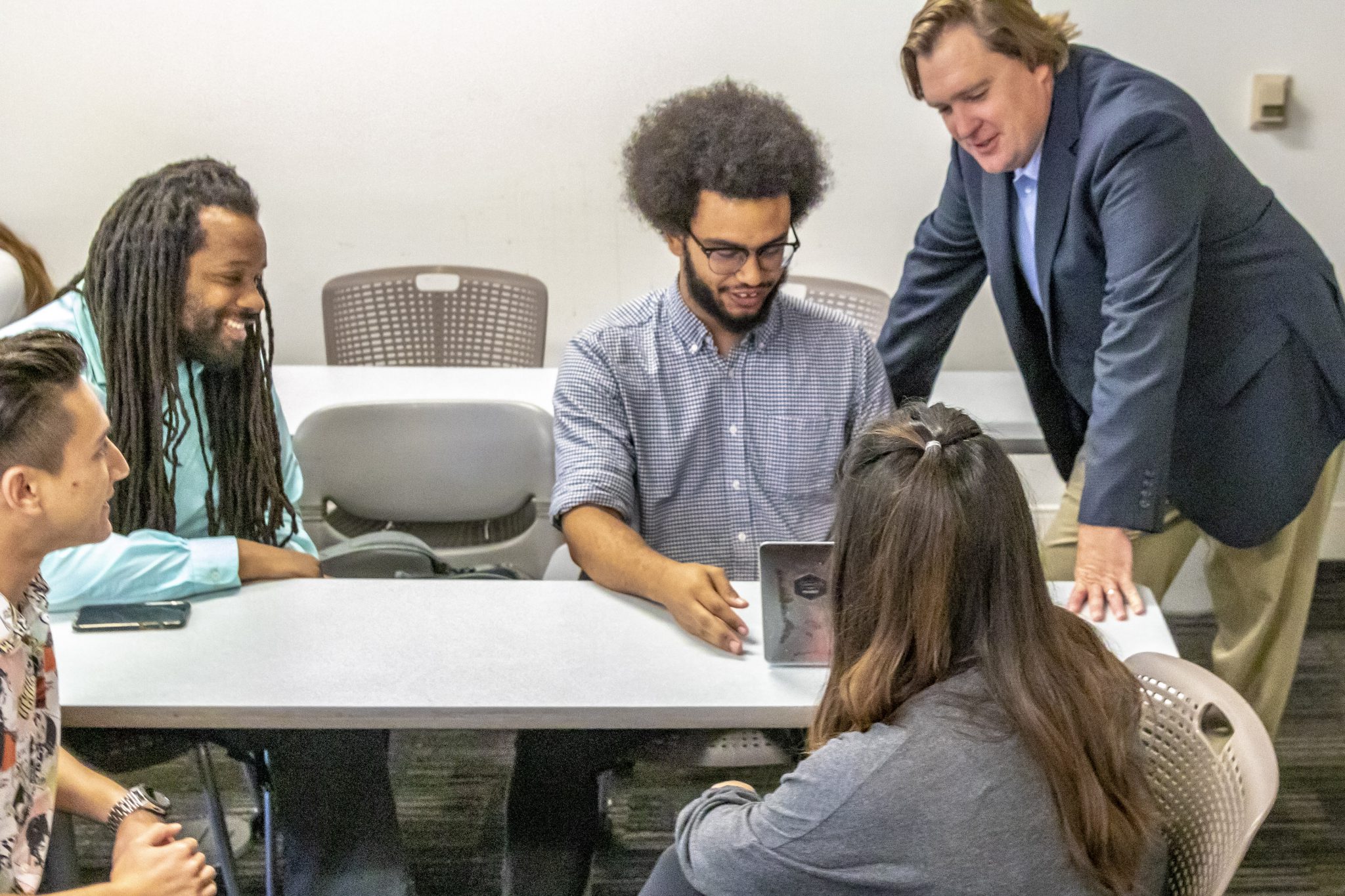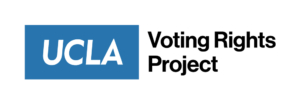Course: Voting Rights Policy & The Law
Instructors: Chad Dunn J.D., Matt Baretto Ph.D.
Course contact: Alysa Guzman alysa@uclavrp.org
Link to course website: Voting Rights Policy & The Law
Course Description:
This year-long course exposes students to voting rights act theory, case law, history, research and then implementation and is part of the UCLA Voting Rights Project (VRP). This course is offered concurrently with LAW 832, and Law, Public Policy and Social Science students will meet together, in-person every Thursday in Law 1420. On Tuesdays, there is an option to meet through a combination of Zoom and possibly in-person and those sessions will often times be focused on legal casework and only Law students will be required to meet Tuesdays, and other times we will use the Tuesday meeting for more in-depth technical and hands-on training, especially of mapping software for ALL STUDENTS. Thursday class sessions are required for everyone. This collaborative course is taught from the perspective of social science research, and civil rights and voting rights, and co-taught by Professor Matt Barreto (Political Science & Chicana/o Studies) and nationally preeminent civil and voting rights attorney Mr. Chad Dunn (Luskin Public Affairs & School of Law). In addition, different experts from across the country will participate as “guest experts” to provide their perspective on how to study, research and document various aspects related to voting rights.
The course will cover the theoretical factors involved in a voting rights lawsuit, such as the history of discrimination against minority groups in the areas of employment, education, housing, and political representation, and will also give students the chance to participate in a potential real-world VRA lawsuit. Students will learn, and eventually implement themselves, an in-depth study of the legal, historical and statistical approach to document the presence or absence vote dilution or vote denial in different jurisdictions in California, or across the country. All students will investigate a jurisdiction of their choice in the Fall and the final assignment will be to turn a mock legal complaint, explaining why the jurisdiction could be diluting or denying equal voting rights. Finally, by the Spring, students will work in teams to research and help prepare a complaint that could inform a future lawsuit against a jurisdiction, if they are out of compliance with a State or Federal voting rights act, and the research students conduct in this course will serve as important teaching and learning opportunities to understand voting rights from both a legal and social science perspective.


